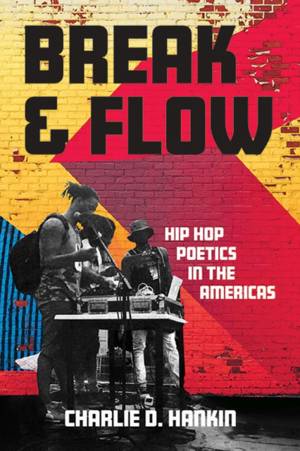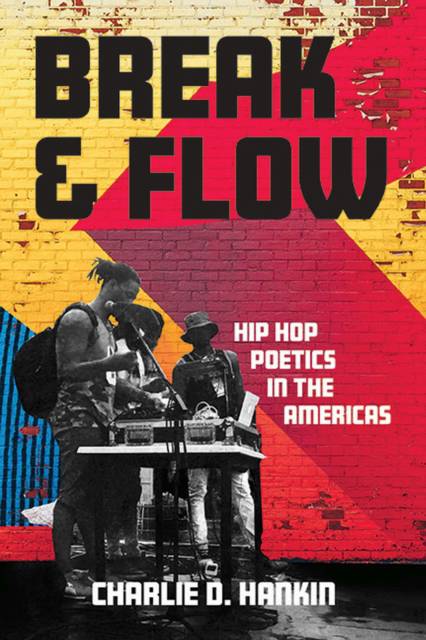
- Retrait gratuit dans votre magasin Club
- 7.000.000 titres dans notre catalogue
- Payer en toute sécurité
- Toujours un magasin près de chez vous
- Retrait gratuit dans votre magasin Club
- 7.000.0000 titres dans notre catalogue
- Payer en toute sécurité
- Toujours un magasin près de chez vous
Description
Hip hop is a global form of creative expression. In Cuba, Brazil, and Haiti, rappers refuse the boundaries of hip hop's US genesis, claiming the art form as a means to empower themselves and their communities in the face of postcolonial racial and class violence. Despite the geographic and linguistic borders that separate these artists, Charlie Hankin finds in their music and lyrics a common understanding of hip hop's capacity to intervene in the public sphere and a shared poetics of neighborhood, nation, and transatlantic yearnings. Situated at the critical intersection of sound studies and Afro-diasporic poetics, Break and Flow draws on years of ethnographic fieldwork and collaboration, as well as an archive of hundreds of songs by more than sixty hip hop artists. Hankin illuminates how new media is used to produce and distribute knowledge in the Global South, refining our understanding of poetry and popular music at the turn of the millennium.
Spécifications
Parties prenantes
- Auteur(s) :
- Editeur:
Contenu
- Nombre de pages :
- 290
- Langue:
- Anglais
- Collection :
Caractéristiques
- EAN:
- 9780813949826
- Date de parution :
- 26-07-23
- Format:
- Livre broché
- Format numérique:
- Trade paperback (VS)
- Dimensions :
- 152 mm x 229 mm
- Poids :
- 430 g







